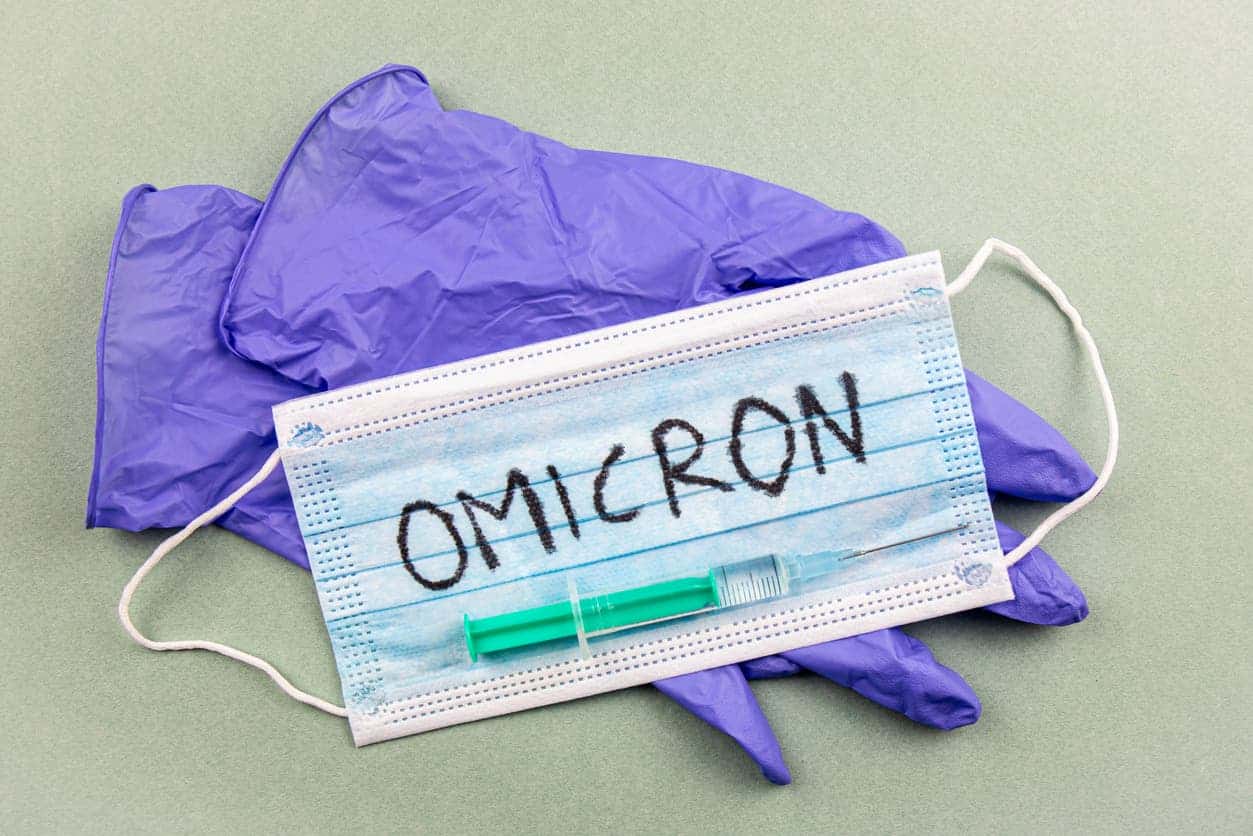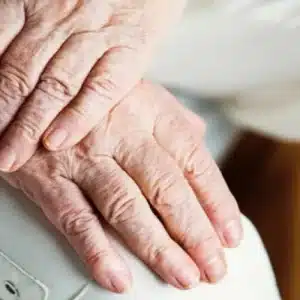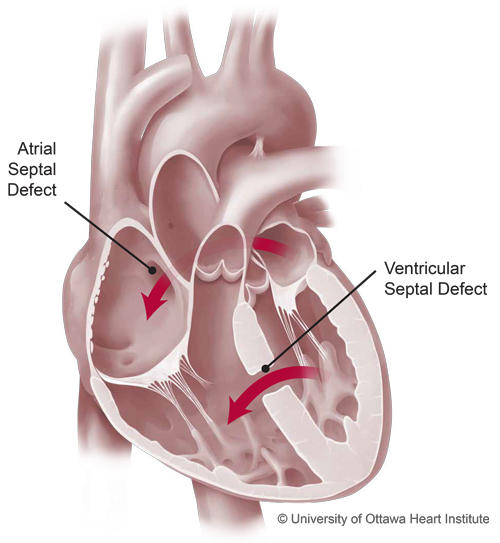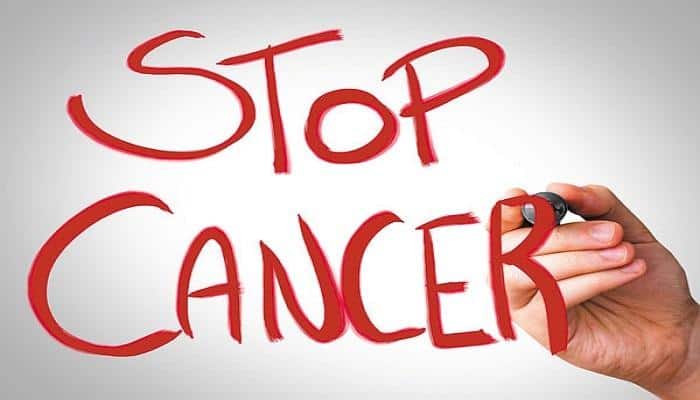خطورة أميكرون تكون على هؤلاء الأشخاص

خطورة أميكرون تكون على هؤلاء الأشخاص
خطورة أميكرون تكون على هؤلاء الأشخاص
صرحت د.ماريا فان كيركوف، عالمة الأوبئة والمسؤول التقني عن مكافحة كوفيد-19 بمنظمة الصحة العالمية، بأن متحور أوميكرون هو الأحدث على قائمة المتحورات ، وعلى الرغم من البيانات التي تفيد بأنه أقل خطورة من متغير دلتا، إلا أنه يبقى خطيرًا.
وفي الحلقة 64 من برنامج “العلوم في خمس” الذي تقدمه فيسميتا جوبتا سميث، وتبثه منظمة الصحة العالمية عبر موقعها الرسمي وحساباتها على منصات التواصل، أضافت كيركوف بالقول إن المصابين بعدوى أوميكرون تتراوح حالاتهم المرضية ما بين عدم ظهور أي أعراض وصولاً إلى الحالات الشديدة كما أنه تحدث وفيات بسبب الحالات الشديدة.
الفئات الأضعف
وأوضحت كيركوف أن البيانات الواردة إلى منظمة الصحة العالمية تفيد بأن الأشخاص الذين يعانون من أمراض مزمنة وكبار السن وغير المحصنين باللقاح، يمكن أن يصابوا بنوع حاد من كوفيد-19 بعد الإصابة بمتحور أوميكرون. وأضافت أنه يتم استقبال حالات شديدة تحتاج للعلاج بالمستشفيات بسبب أوميكرون المثير للقلق، وأن بعض الحالات تحتضر.
لذا، فإنه من المهم أن يكون متوافرًا معلومات دقيقة، وما هو متاح من بيانات حتى الآن يشير إلى أن متحور أوميكرون أقل خطورة من دلتا ، لكن هذا لا يعني أنها تكون عدوى خفيفة.
وأشارت كيركوف إلى أن متحور أوميكرون سريع الانتشار بنسبة كبيرة بالمقارنة مع المتحورات الأخرى المثيرة للقلق، وينتقل على نطاق واسع، إلا أن هذا لا يعني أن الجميع سيصابون بمتحور أوميكرون، على الرغم من أنه هناك بالفعل طفرات عالية في أعداد المصابين بالعدوى حول العالم.
عبء كبير
وأوضحت كيركوف أن الزيادة في أعداد المصابين بالعدوى يضع عبئًا كبيرًا على أنظمة الرعاية الصحية، والتي هي بالفعل مثقلة بشكل كبير نظرًا لأن الجائحة تدخل عامها الثالث، شارحة أنه إذا لم يتمكن المرضى من الحصول على الرعاية المناسبة التي يحتاجونها، فسينتهي الأمر بمزيد من الحالات الشديدة والوفيات، وهو الوضع الذي تسعى منظمة الصحة العالمية إلى الحيلولة دون حدوثه.
وأردفت قائلة إن منظمة الصحة العالمية، بالتعاون مع شركاء في جميع أنحاء العالم، وضعت استراتيجية شاملة لتقليل تعرض الأشخاص وتقليل فرص إصابتهم بالعدوى، أولاً وقبل كل شيء، يجب العلم بأن التطعيم يحمي بشكل لا يصدق من الحالات المرضية الشديدة والوفاة، كما أنه يمنع أيضًا بعض أنواع العدوى ويحول دون انتقال بعضها لاحقًا، لكن بشكل غير مثالي.
سبل الوقاية والحماية
وأضافت كيركوف أن هذا هو السبب في أنه يتم التوصية بالتأكد من حماية الأشخاص لأنفسهم من التعرض، من خلال الحفاظ على التباعد البدني وارتداء كمامات واقية تغطي الأنف والفم جيدًا، والتأكد من نظافة اليدين باستمرار، وتجنب التواجد في أماكن مزدحمة والعمل من المنزل، كلما كان ذلك متاحًا.
ونصحت الخبيرة الأممية بإجراء الفحوصات والسعي على الفور للحصول على الرعاية المناسبة عند الحاجة، مشيرة إلى أن اللقاح إلى جانب الالتزام بالإجراءات الاحترازية هو نهج متعدد الطبقات يمكن من خلاله الحفاظ على سلامة الأشخاص وحماية أنفسهم من التعرض للإصابة بالعدوى ونقلها إلى شخص آخر.
3 أسباب لأهمية منع العدوى
وفي إجابة على سؤال وجهته سميث حول سبب أهمية تقليل انتقال العدوى بمتغير أوميكرون، قالت دكتورة ماريا إنه “من المهم أن نحد من انتقال متحور أوميكرون لعدد من الأسباب. أولاً، نريد أن نمنع الناس من الإصابة بالعدوى لأن هناك خطرًا من إمكانية تفاقم الحالة لتصبح إصابة بمرض حاد. إن هناك طرقا يمكننا من خلالها منع ذلك ولكن لا يزال الشخص معرضًا لخطر الإصابة بالمرض، فإذا كان يعاني من حالات مرضية أساسية أو كبير في السن، وإذا لم يتم تطعيمه، فإن مخاطر الإصابة بحالة شديدة من كوفيد-19 تكون أعلى”.
وأضافت أن “السبب الثاني هو أنه مازال غير مفهوم بشكل تام مدى تأثير حالة ما بعد التعافي من كوفيد أو كوفيد طويل المدى، لذا فإن الأشخاص المصابين بمتغير فيروس سارس-كوف-2 معرضون لخطر الإصابة بعواقب طويلة المدى، والتي تسمى حالة ما بعد كوفيد، والتي يترتب خطر الإصابة بها على خطر الإصابة بالعدوى في المقام الأول، وهو ما تريد منظمة الصحة العالمية منعه وحماية الجميع منها.
أما السبب الثالث، بحسب دكتور كيركوف، فهو أن الإصابة بالعدوى، ووجود عبء كبير من الحالات المصابة بمتحور أوميكرون، تثقل كاهل الأنظمة الصحية بالإضافة إلى الخدمات الأساسية الأخرى التي تعمل. إن العدد الكبير من الحالات يجعل من الصعب حقًا على المستشفيات العمل.
مخاطر مستقبلية
وأضافت كيركوف أنه كلما زاد انتشار هذا الفيروس، زادت فرص تغييره، وبالتالي لن يكون متحور أوميكرون هو آخر متغيرات فيروس سارس-كوف-2، موضحة أن إمكانية ظهور متغيرات مثيرة للقلق في المستقبل أمر حقيقي للغاية.
وحذرت من أن المزيد من المتحورات التي تظهر، لا يكون مفهومًا ماهية خصائصها وطفراتها، والتي يمكن أن تكون أكثر أو أقل قابلية للانتقال لكنها ستحتاج لتجاوز المتغيرات المتداولة حاليًا، ومن ثم فإنه من الممكن أن تكون الإصابة بها أكثر أو أقل حدة، بحسب خصائص الهروب المناعي، ولهذا تسعى منظمة الصحة العالمية إلى تقليل مخاطر الظهور المستقبلي للمتغيرات المثيرة للقلق.






